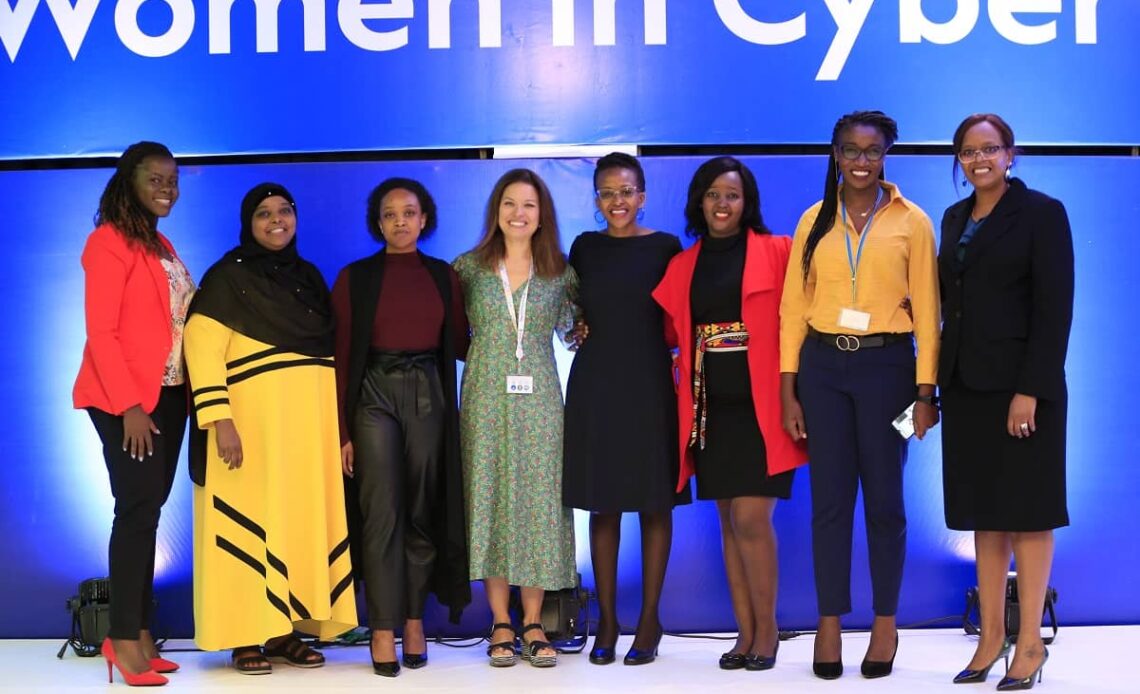
Standard Chartered and Strathmore University have successfully graduated the first cohort of the East Africa Women in Cyber Mentorship Program. The program, a collaborative effort between Standard Chartered and Strathmore University’s @iLabAfrica Research and Innovation Centre, aimed to address the gender gap in the cybersecurity field and equip women with the necessary skills to counter cyber threats. The graduation ceremony took place on June 27th, 2023, in Nairobi, Kenya.
Over the course of nine months, 100 women from Kenya, Uganda, and Tanzania participated in the mentorship program, which was conducted virtually. The program employed a self-paced learning model that included mentorship circles and fireside chats. The curriculum covered various aspects of cybersecurity, including emerging trends and current challenges, as well as soft skills training in personal branding and career growth.
During the graduation ceremony, Kariuki Ngari, CEO of Standard Chartered Bank for Kenya and East Africa, highlighted Africa’s vulnerability to cyber risks. As cybercriminals become increasingly sophisticated, organizations across various sectors are seeking advanced cybersecurity solutions. The program aimed to bridge the skills gap and equip the East African region with well-versed cybersecurity experts, with a particular focus on women who constitute only 24 percent of the overall cybersecurity workforce. The collaboration between Standard Chartered and Strathmore University aimed to counter and prevent costly cyberattacks while encouraging more women to join the cybersecurity field.
Dr. Joseph Sevilla, Director of @iLabAfrica-Strathmore University, emphasized the need for advanced training and access to cybersecurity experts as the region undergoes digital transformation. With the increasing exposure to cyber risks, organizations must be adequately prepared to protect themselves from sophisticated ransomware attacks that can disrupt businesses and hinder growth. Programs such as the East Africa Women in Cyber Program play a crucial role in bridging the cybersecurity skills gap and building the capacity to counter such attacks effectively.
The Cyber Mentorship Program covered various modules in cybersecurity, including information security, cyber security capacity challenges and measures, approaches to managing cyber security risks, innovation and cybersecurity in East Africa, and cyber resilience and testing.
To be eligible for the program, participants were required to have a working knowledge of English, possess 2-3 years of junior-level working experience, demonstrate a keen interest in pursuing a career in cybersecurity, and have access to a computer and stable internet connection.
For more information about the East Africa Women in Cyber Mentorship Program, interested individuals can visit the program’s website at www.womenincybersec.com.

